Information and thoughts from presentations and discussions at the EuroScience Open Forum, Toulouse, France 2018
I recently had an opportunity to find out what is happening in some exciting frontier research where new approaches in synthetic biology might ultimately lead to the discovery and development of potential medicines, greater availability of medicines, and hopefully enable the production of cheaper and more effective medicines.
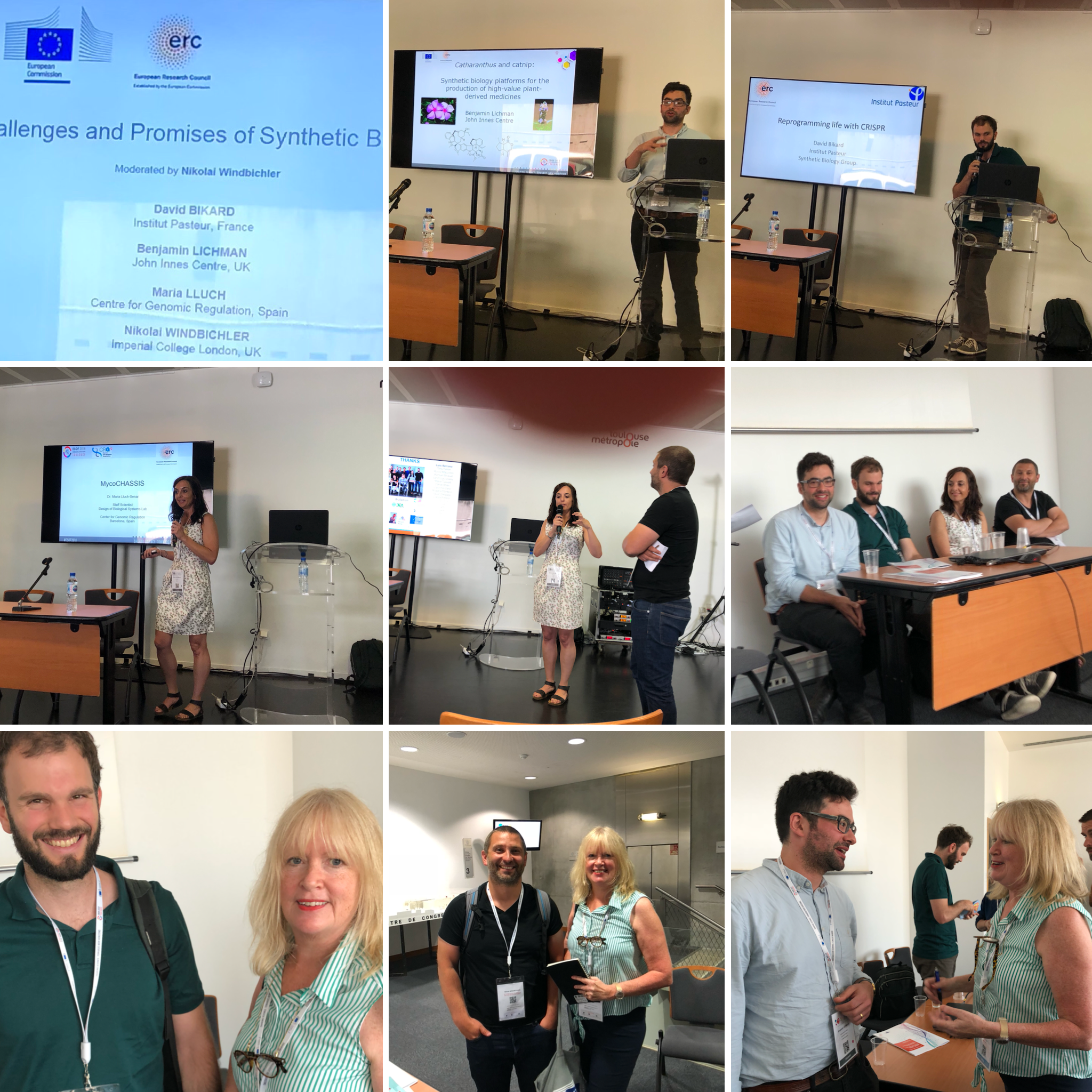
Photos taken at the EuroScience Open Forum in Toulouse, France: ESOF 2018 session on challenges and promises of synthetic biology and also the press conference
INTRODUCTION
In this blog article I am reporting on information shared and discussed at ESOF on the 13th of July 2018, and I am also sharing my thoughts with you on this fascinating and thought-provoking area of research.
There are 5 sections for you to browse or you can quickly scroll to those parts of most interest to you.
The sections are:
WHAT IS SYNTHETIC BIOLOGY?
EXCITING RESEARCH IN THIS FIELD – the science
WHY I THINK IT IS IMPORTANT TO DISCUSS THIS NOW
SUMMARY AND CONCLUDING REMARK
*FURTHER INFORMATION
WHAT IS SYNTHETIC BIOLOGY?
Synthetic biology aims to build artificial systems for innovative applications in biotechnology, medicine and bio-engineering. It also aims to answer some long-standing questions in biology.
Synthetic biology requires an interdisciplinary approach which can include biotechnology, molecular biology, genetic and chemical engineering, modelling systems and evolutionary biology.
EXCITING RESEARCH IN THIS FIELD – the science
Setting the scene – why has there been so much interest and news coverage in recent times? Synthetic biology has raised hopes for addressing some potential crises in nature such as species extinction, plastics in the oceans and the needs of society such as cheaper drugs, cleaner fuels and new organisms that could help reduce climate change by sequestering carbon from the atmosphere. These are big topics. Sometimes there is a risk of ‘hype’ and not every potential breakthrough will deliver. Nonetheless, there have been exciting advances and there are many promises and challenges.
There is a lot of potential to do good. For example, scientists are currently working to edit the genes of mosquitos to prevent them from carrying malaria. With the demonstration of the first gene drive system* and potential genetic control technologies for the malaria mosquito, gene-drive technology to speed the inheritance of specific genes has attracted interest from scientists. There is ongoing frontier research to develop biosynthetic tools for engineering genomes and pan-genomes (an entire gene set of all strains of a species) with precision.
Work in areas of synthetic biology does tend to raise questions about our relationship to the natural world. Issues of potential uncontrolled consequences should be addressed in designs.
There are also some ethical and societal concerns to consider including the potential for misuse and risks. Questions to the panel of researchers, and an open discussion with the session attendees and representatives of the media, were encouraged in the ESOF sessions.
Promises and challenges in three specific areas of frontier scientific research were presented and discussed further:
Medicinally active natural products from plants. We learned how, by understanding the science i.e. the biosynthetic pathways involved in making these products, it may be possible to harness the medicinal activity of these plant-derived molecules. Thus, with the discovery of the relevant plant genes and the biosynthetic pathways, scientists may be able to engineer micro-organisms to produces complex molecules that could be of pharmaceutical value. This could potentially facilitate the large scale production of new medicines. This is easier said than done.
CRISPR* systems and their application may enable scientists to better understand and fight pathogenic (disease-causing) bacteria; gaining further insight into bacterial genetics to develop increasingly effective medical treatments
CRISPR technology was adapted from a natural defence mechanism of bacteria (and archaea, another domain of single-celled microorganisms) where CRISPR has evolved to recognise viral DNA and fight off future invasive attacks of viruses.
There has been much recent excitement about the potential use of CRISPR technology as a simple yet powerful tool for gene editing in more complex organisms. Gene editing allows scientists to change gene sequences by adding, replacing or removing sections of DNA. CRISPR components can pinpoint DNA sequences within the gene which is to be altered. Then an enzyme called Cas9 snips through the DNA changing it or allowing it to be replaced by another stretch of DNA that is introduced at the same time. This can either replace a faulty gene with a healthy one or change a gene to make it behave differently. `
At ESOF 2018 we learned about some exciting frontier research ‘putting the CRISPR back in bacteria’ and investigating other repair systems in bacteria in conjunction with CRISPR to develop new and efficient tools for bacterial gene editing. This type of work could be potentially useful for novel approaches against infections; particularly relevant in view of the issue of Antibacterial Resistance, which is a real threat now and of increasing concern.
For example, we heard about research using CRISPR tools for reprogramming in order to target antibiotic resistant genes and achieve the sequence specific killing of virulent (harmful) members of a microbial population, and immunising avirulent (not virulent) members.
In this way sequence-specific antimicrobials could be potentially delivered by a bacteriophage (a virus that infects and replicates within bacteria). Clinical trials to develop such antimicrobials could face many regulatory issues.
MYCOCHASSIS
Engineering bacteria to deliver therapeutic agents or to present antigens (substance that causes the body to make an immune response against that substance) for vaccination is an interesting approach with potentially promising clinical application. However, a key challenge is the choice of bacteria to engineer for this use i.e. the ‘chassis’ you use.
Mycoplasmas are small and relatively simple bacteria that are good candidates for ‘chassis’ design. The ‘MYCOCHASSIS’ project is using a genome-reduced bacterium Mycoplasma pneumonia (M. pneumonia). This project is ‘combining bioinformatics, -omics, and biochemistry approaches with genome engineering tools, systems biology analyses, and computational whole-cell models’. (See further information below*)
The goals of ongoing research are to engineer M. pneumonia and characterise this chassis (using in vivo models i.e. whole living organisms). Further work is needed to address the potential development of a ‘chassis’ to treat human lung diseases. It is an area with promises and challenges.
WHY I THINK IT IS IMPORTANT TO DISCUSS THIS NOW
There is an increasing focus of synthetic biology on biotechnology and medical applications for very good reasons. There have been important advances in synthetic biology, notably in gene-editing techniques. It is an area of fascinating science – with many potential benefits. It is a fast changing field with new reports emerging frequently – including new promising initiatives, challenges and concerns. Furthermore, advances in one field may also have exciting implications in other fields. It is important to keep track of challenges and opportunities.
Questions relating to any emerging issues in biological engineering need to be discussed and as with other new developments in science and technology, risk-benefit assessment and monitoring is important for decision making.
Synthetic biology should address the needs of society as well as being in accordance with societal values and ethics. Development of new medicines and creation of synthetic DNA and forms of life are highly relevant to us all. I think the purpose should be for the good of humankind. There will, however, be different viewpoints of what is ‘good’ and discussions could be highly contentious – better to proceed with an eyes wide open approach.
There will need to be appropriate regulations and safeguards against misuse (intended or unintended) particularly with such very fast moving technology, which in some cases could become easily and widely available.
It is likely there will be unexpected breakthroughs, which may be pursued and lead to effective solutions. On the other hand, some may be considered too risky. There will be different opinions, and debates will continue. Possible implications for society, including questions, risks and opportunities need to be openly discussed.
There are concerns about the possibility of criminal activity and manufacture of illegal drugs using engineered organisms. For legal medicinal products a shift toward more equitable and globally distributed pharmaceutical production could be a beneficial and worthy goal. However, there would be concerns around the potential disruption of existing manufacturing markets and raw material supply chains, and new makers could disrupt pharmaceutical markets.
The reversibility of a genetic technology will depend on its interplay with biological, ecological and social environments. Some people consider gene drive techniques too risky to become the technique of choice. Although it may appear promising, it may not necessarily provide the best option to address a particular targeted challenge.
If, in the future, we are faced with an urgent necessity, the type of research done now to characterise potential solutions, may be very useful and enable a more rapid development of a solution. Ongoing research is exciting not only for its potential applications but also in advancing our knowledge and understanding of fascinating areas of biology and understanding in life sciences.
SUMMARY
The three presentations and open discussions between the panel and audiences provided a valuable insight into the field of synthetic biology. Some specific and exciting advances in ongoing work were described; along with promises and also challenges. There were opportunities for open discussion covering specific and general questions.
CONCLUDING REMARK
This frontier research has many promises and also many challenges.
It is fascinating science and has enormous potential.
……………………………….
*FURTHER INFORMATION
CRISPR is an acronym for Clustered Regularly Interspaced Short Palindromic Repeats.
Short animation videos:
What is gene editing and how does it work?
(Published on 4 Oct 2016 Produced by the Royal Society in conjunction with Wellcome Trust)
Genetic Engineering and Diseases – Gene Drive & Malaria (Kurzgesagt – In a Nutshell Published on 21 Sep 2016)
Some further reading:
’20 emerging issues in biological engineering’ Wintle et al. eLife 2017;6:e30247. DOI: https://doi.org/10.7554/eLife.30247
‘Exploiting CRISPR-Cas nucleases to produce sequence-specific antimicrobials’ David Bikard et al Nature Biotechnology 32,1146–1150(2014)
‘Defining a minimal cell: essentiality of small ORFs and ncRNAs in a genome-reduced bacterium’Lluch-Senar M et al. Mol Syst Biol. 2015 Jan 21;11(1):780. doi: 10.15252/msb.20145558.


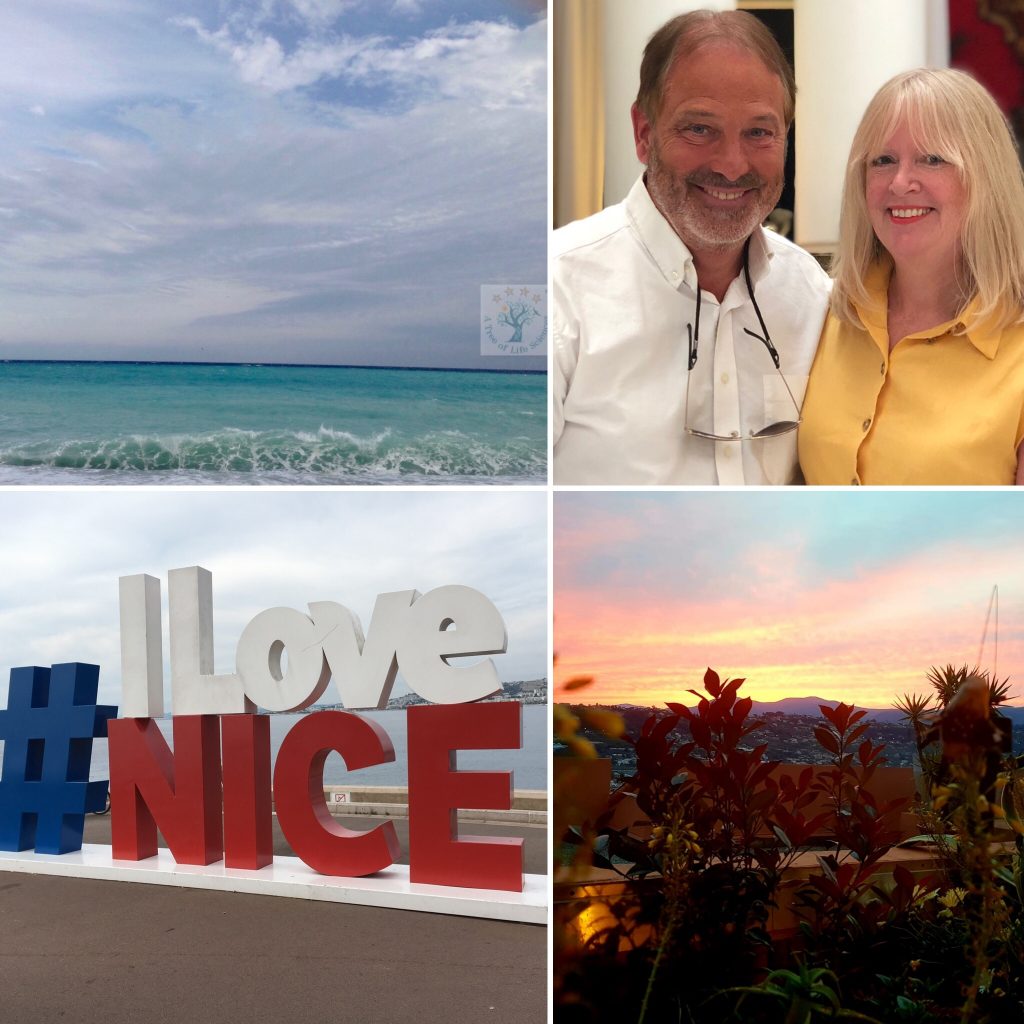
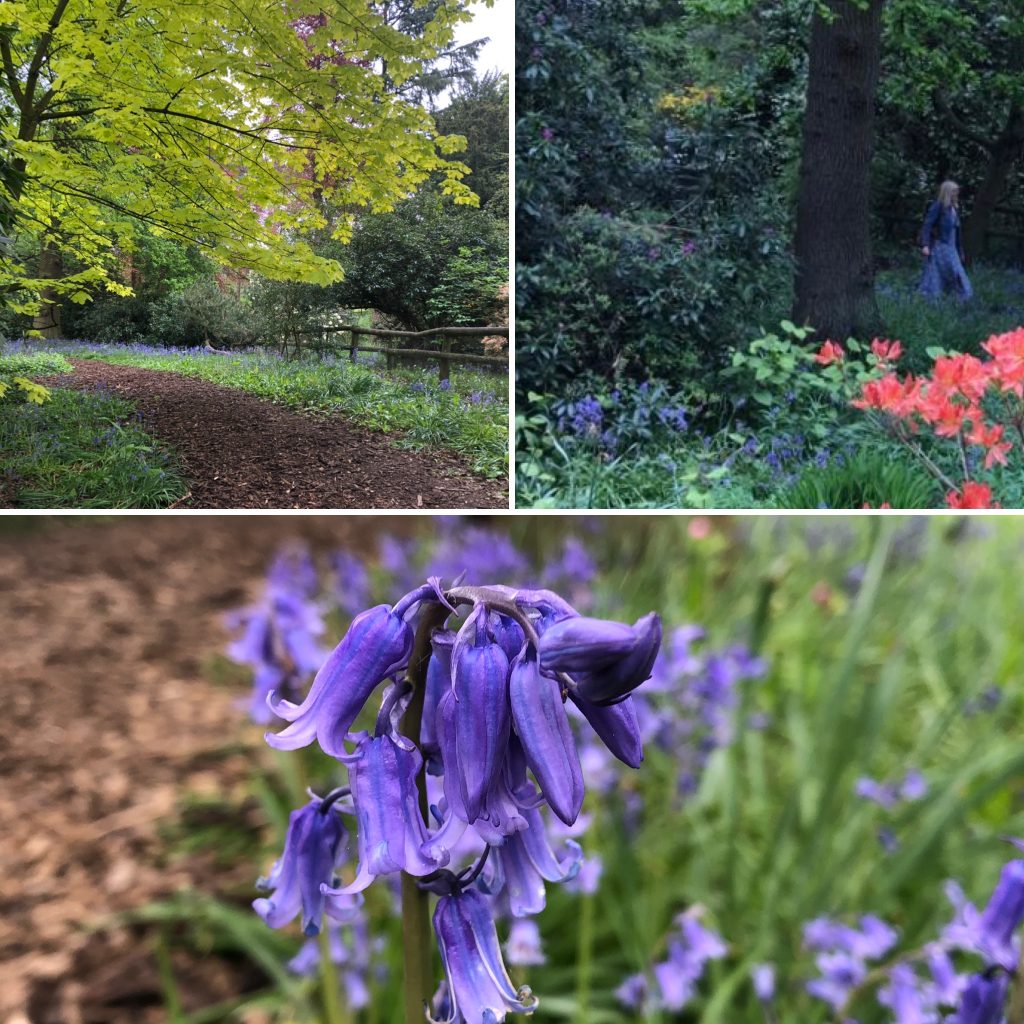
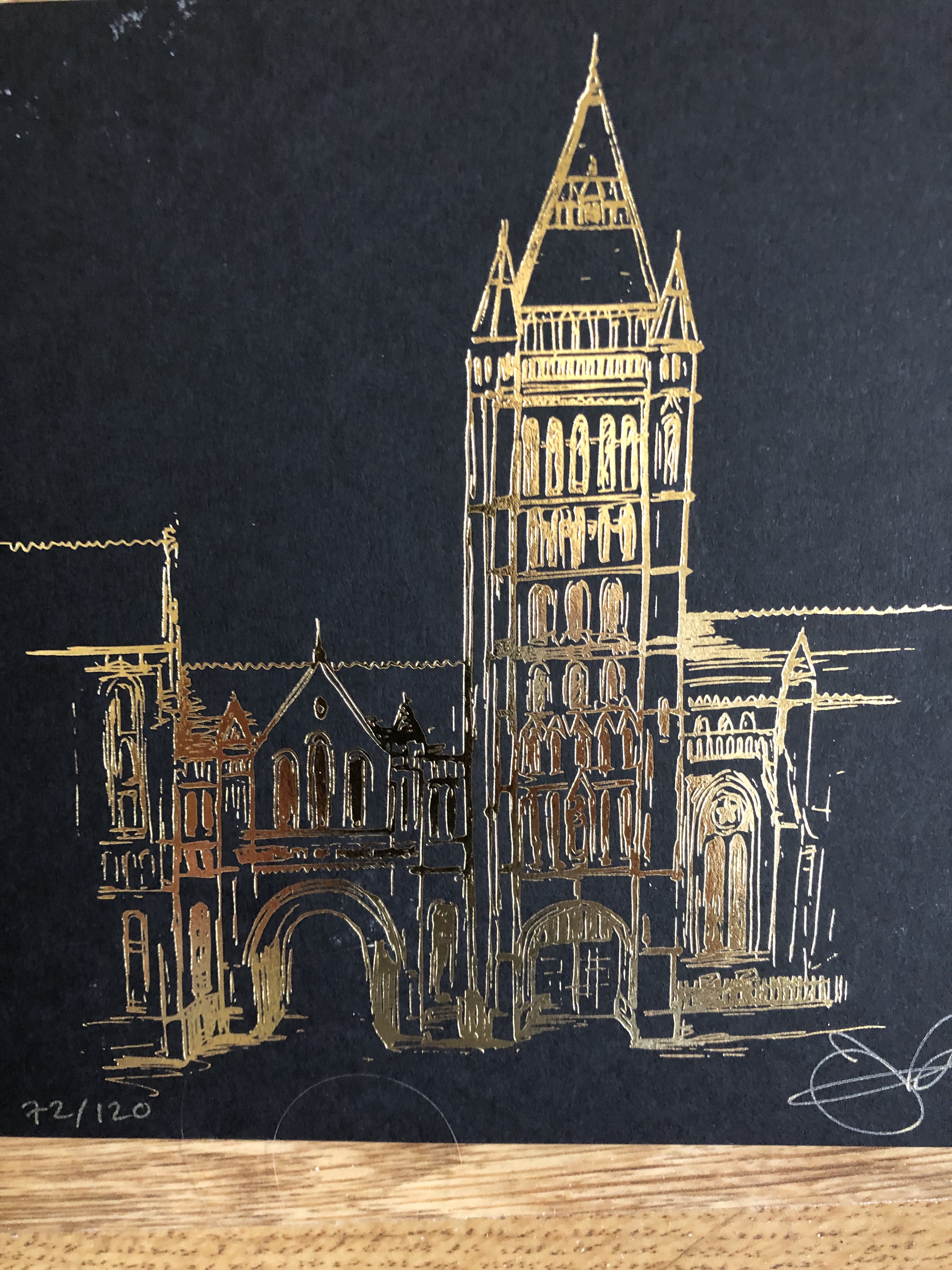
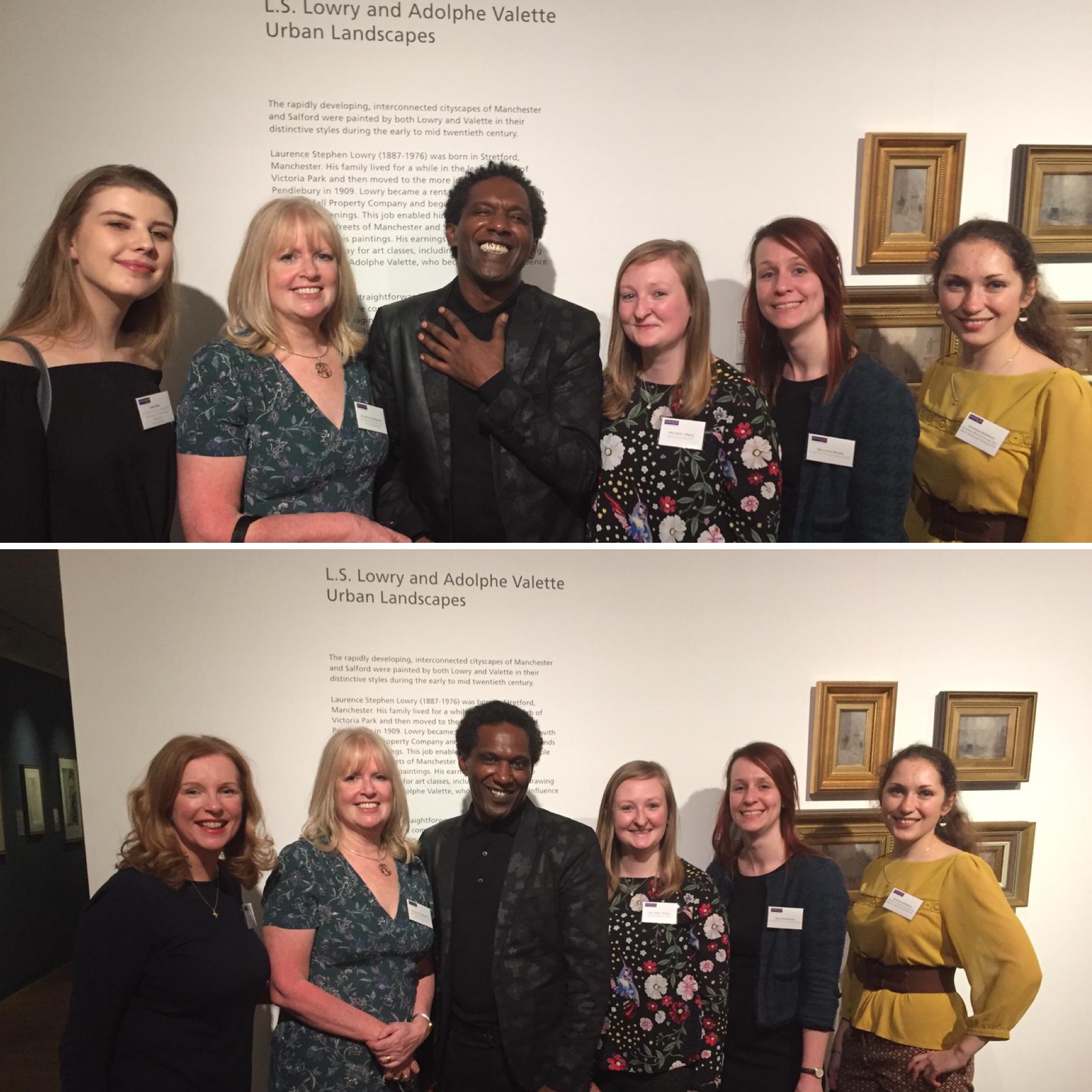
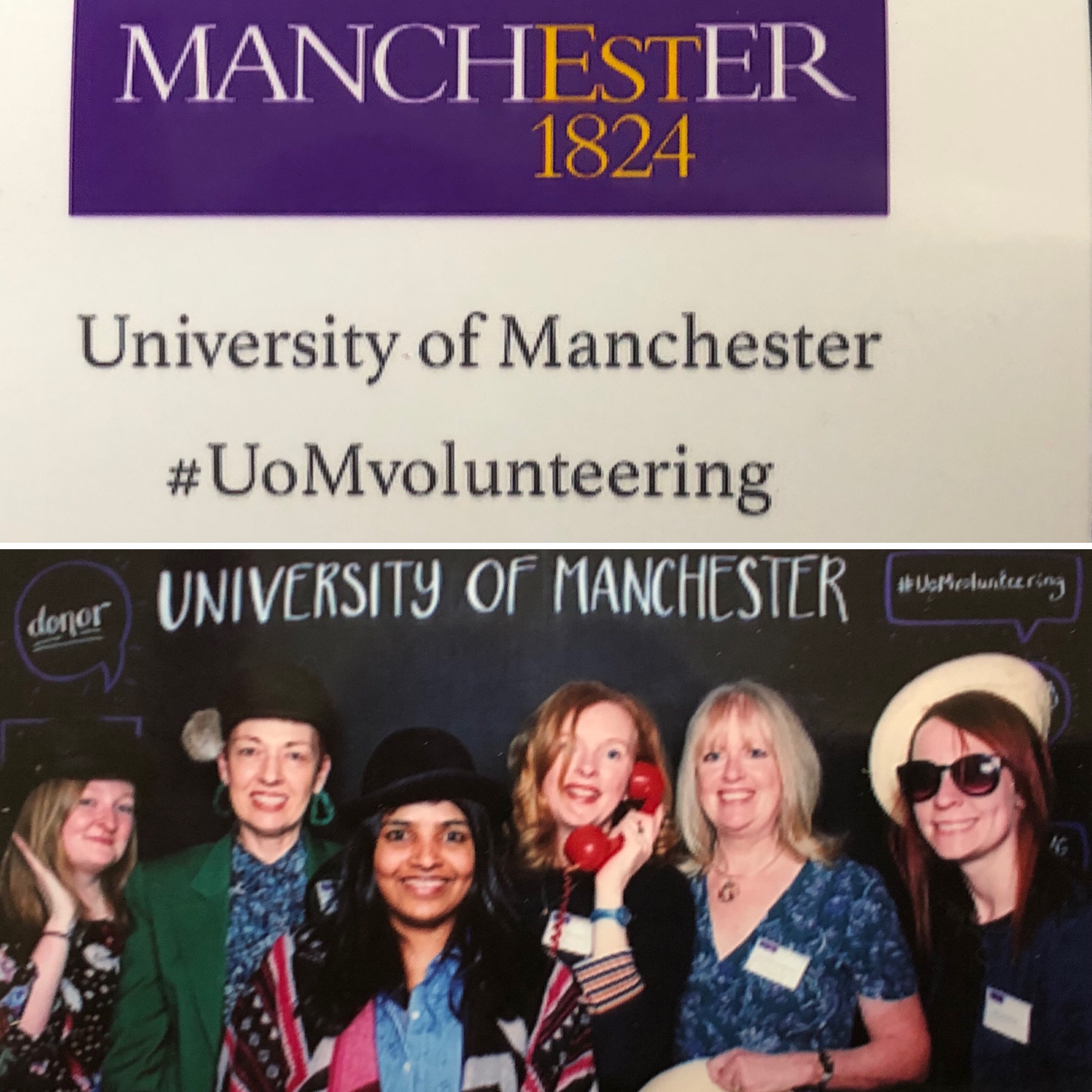
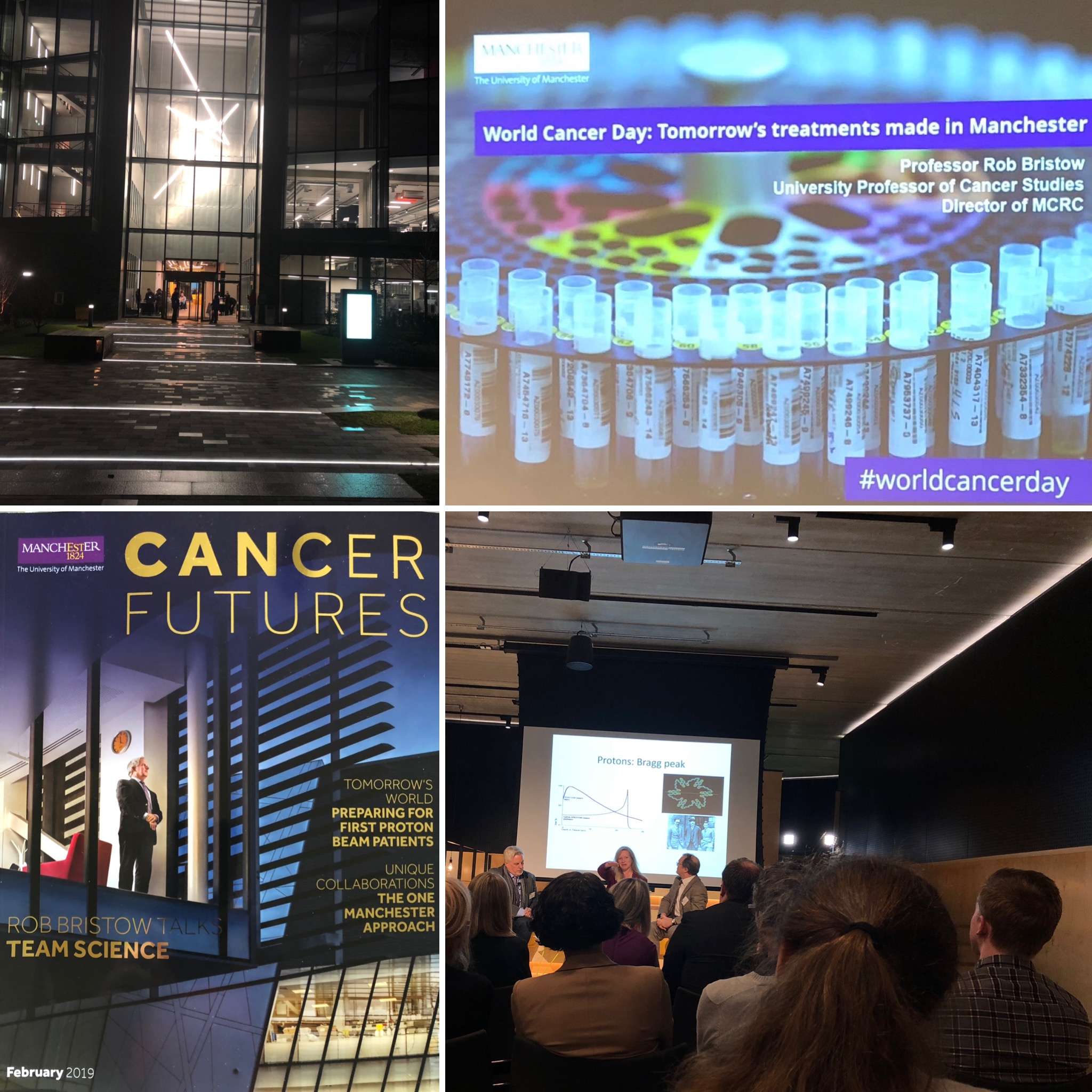
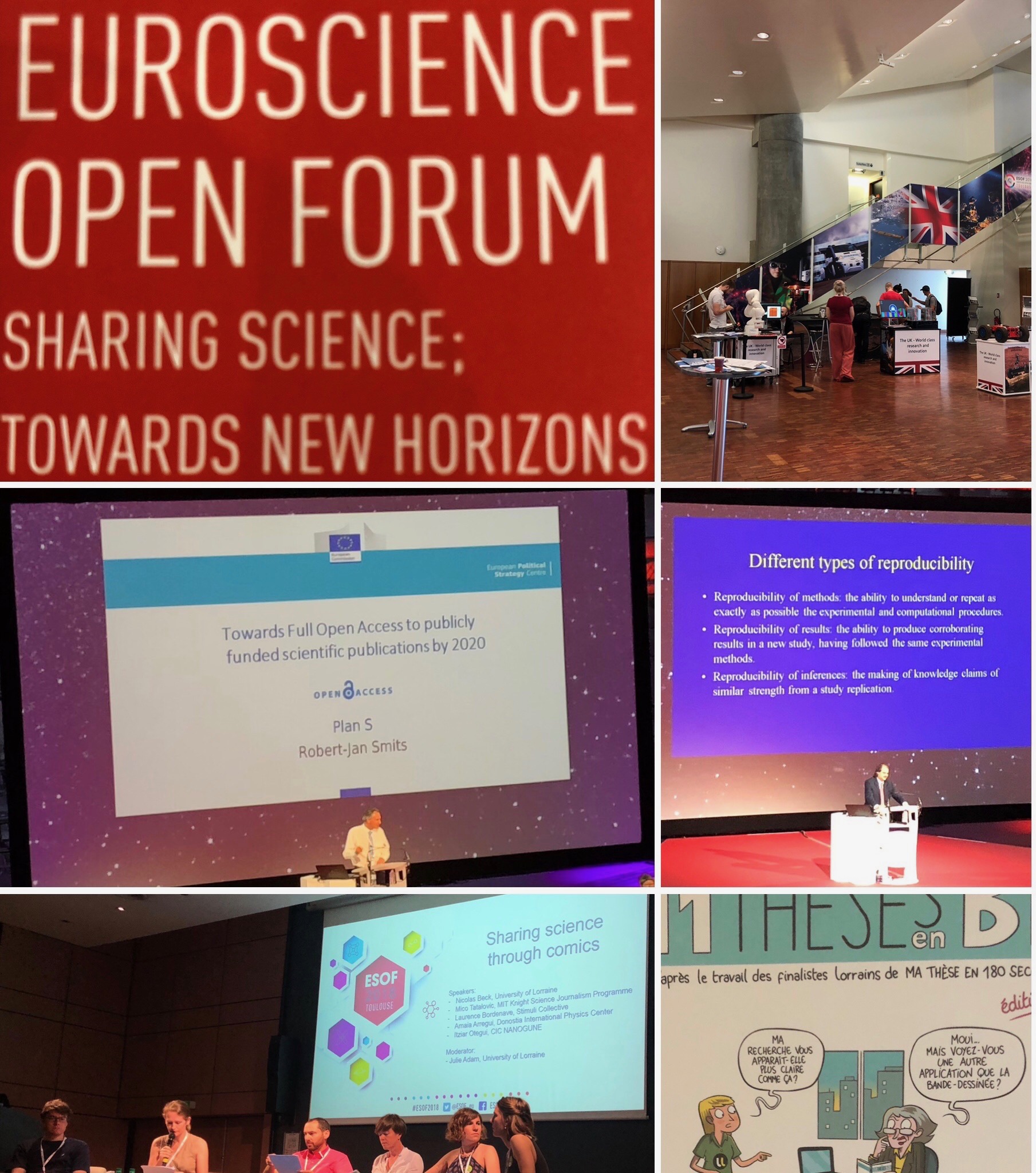
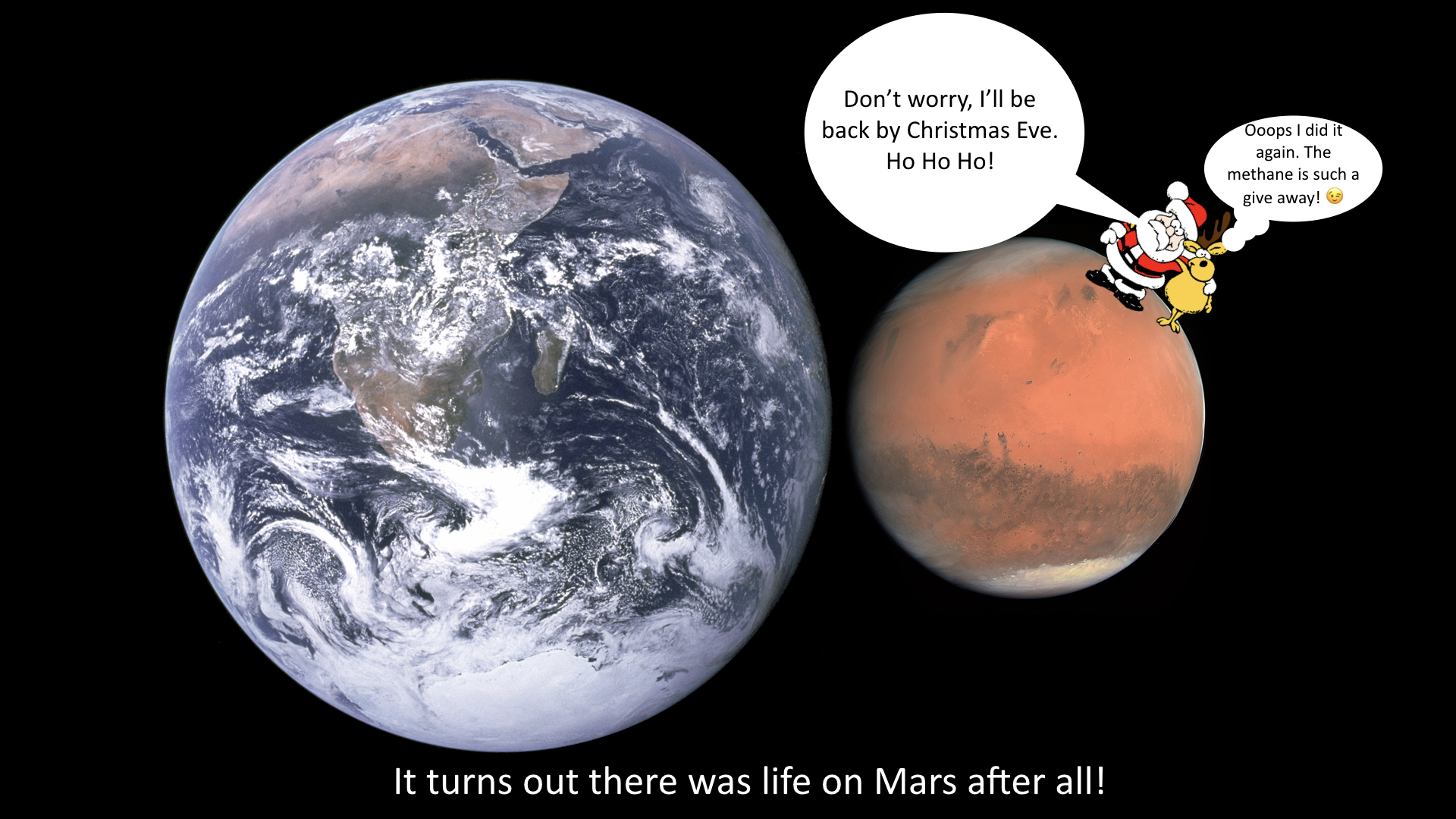
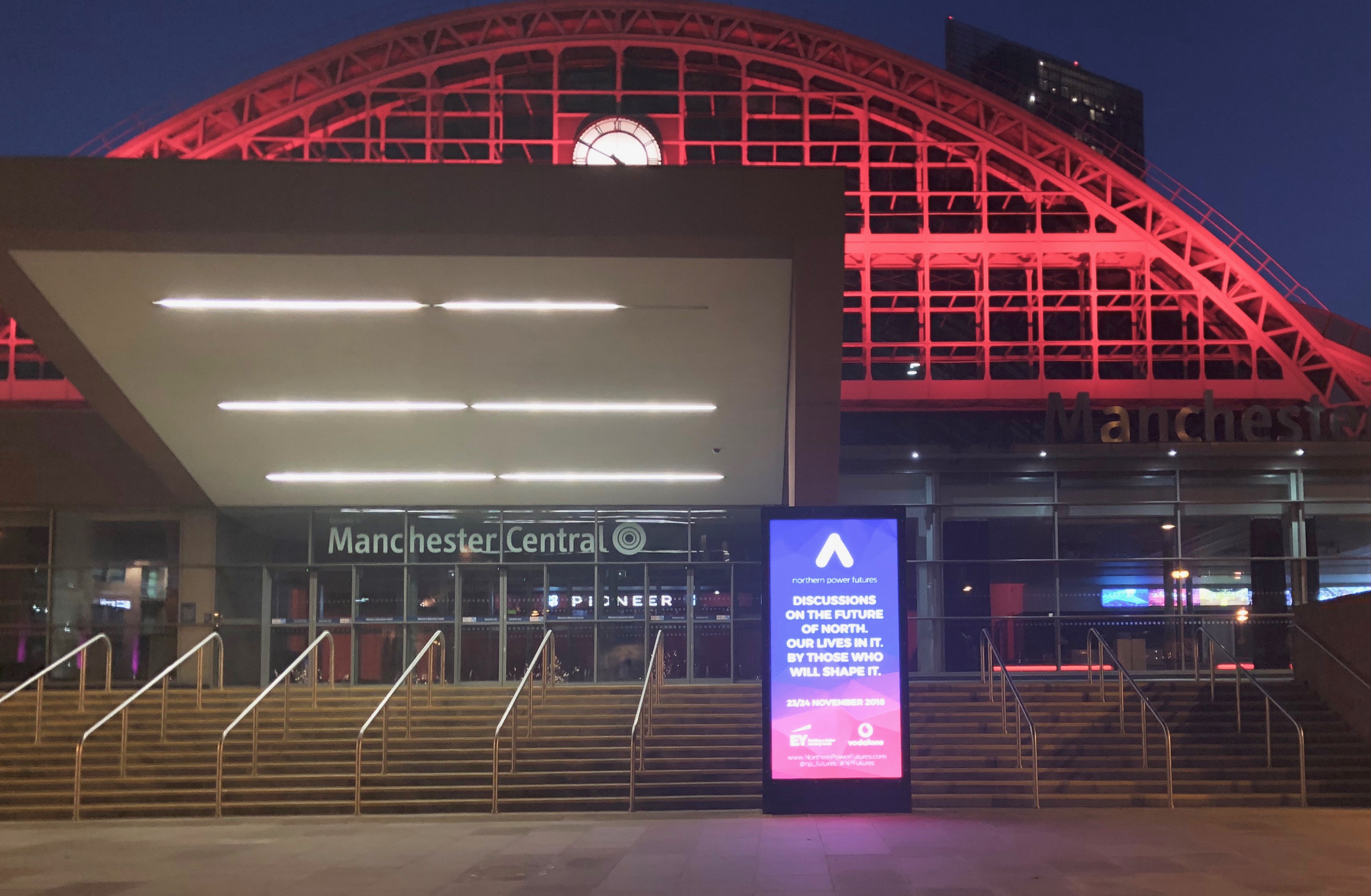


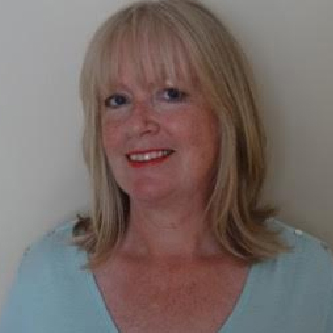 Click here
Click here